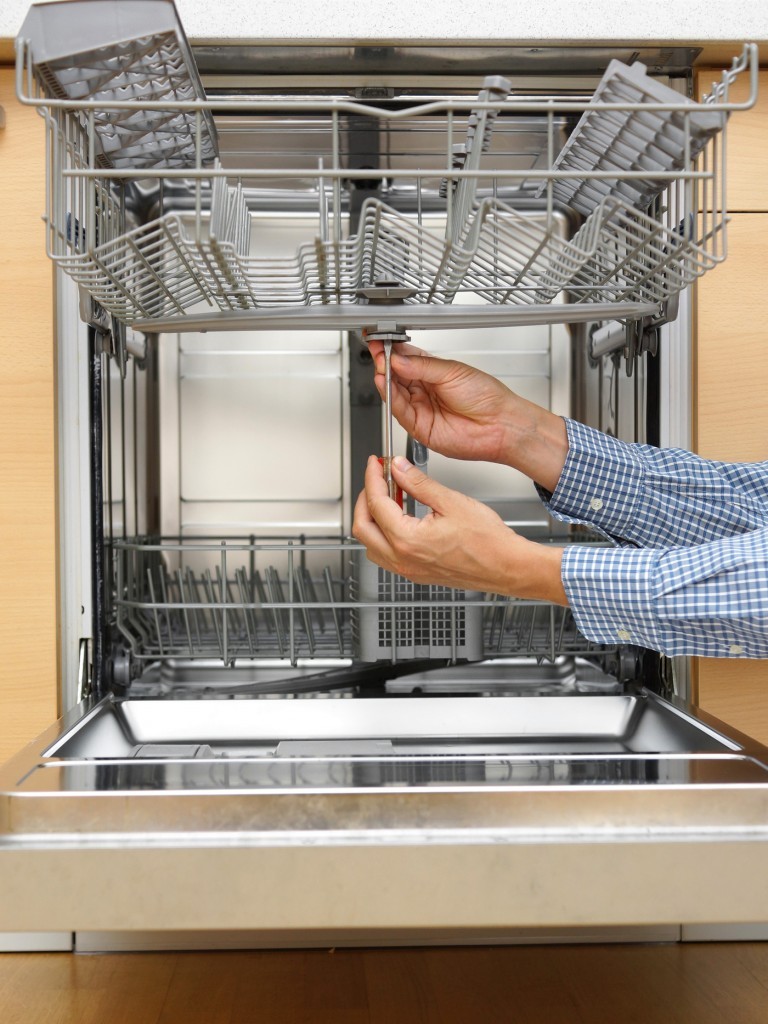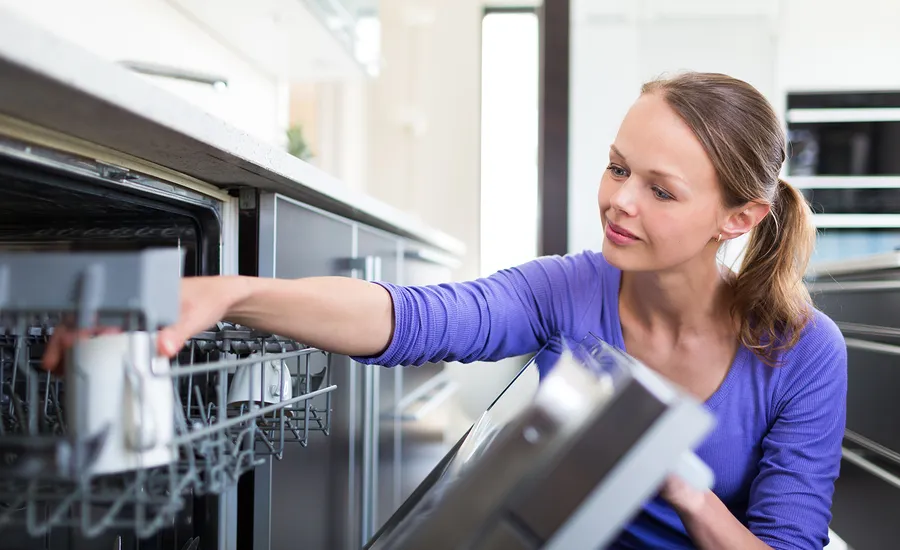Understanding Appliance Issues: What You Need to Know
Understanding Appliance Issues: What You Need to Know
Blog Article
We have found this great article pertaining to The Most Common Dishwasher Problems down the page on the internet and thought it made sense to relate it with you on this page.

Having your dish washer malfunction or malfunction can be a big deal and create some discomfort in your home. Dish washers are equipments that we use to clean meals and flatwares immediately to conserve us the tension of manually doing it.
Like every other equipment that alleviates human initiative, dishwashing machines can break down and create some fault eventually in time. There are numerous mistakes your dishwashing machine can develop, and also while some of them can be solved by changing some parts or fixing them, various other extra serious defects will certainly call for that you obtain a brand-new dish washer.
This short article will determine a couple of common faults your dish washer might establish to hinder its total efficiency and how these faults can be fixed.
Usual Faults
Usual dishwasher faults might range from small to major ones. Depending on the level, you will either need the services of professional plumbers to repair or change it.
A few of one of the most usual faults include:
Leaking Dish washer
This is possibly the most everyday dishwasher trouble, and also the good news is that it is simple to identify. Leakages occur as a result of a number of reasons, and the leakages can ruin your kitchen area. Typical reasons for dishwashing machine leaks consist of;
Bad-Smelling Dishwasher
This is another usual dishwashing machine problem, and it is mostly triggered by food particles or grease remaining in the machine. In this case, seek these particles, take them out as well as do the recipes with no recipes inside the machine. Wash the filter thoroughly. That will certainly aid do away with the bad scent. Ensure that you get rid of every food particle from your meals prior to moving it to the equipment in the future.
Failure to Drain
Often you may observe a big quantity of water left in your tub after a clean. That is probably a drainage trouble. You can either check the drainpipe hose for damages or obstructions. When in doubt, contact a specialist to have it checked as well as dealt with.
Does not clean appropriately
If your meals as well as cutleries come out of the dishwasher and also still look filthy or unclean, your spray arms might be a problem. In a lot of cases, the spray arms can get clogged, and also it will certainly call for a fast tidy or a substitute to work efficiently again.
Final thought
Several of these common dishwashing machine mistakes can be dealt with conveniently in your home, however sometimes, the mistakes could be massive as well as might require the interest of experts. If you stay in Rochester, Syracuse, as well as various other parts of America, let the specialists properly detect what could be wrong with your dishwasher and also extend an option.
We additionally set up dishwashers if you simply got a brand-new one or mean to replace your very own. With our several years of experience in the market, we are sure to give you the best feasible services.
7 Common Dishwasher Problems (and How to Fix Them)
Dirty, smelly, possibly covered in cheese. Is there anything more frustrating than opening the dishwasher only to find the dirty dishes are still there?! I mean, the main reason you buy a dishwasher is so you don’t have to deal with dirty dishes. C’mon dishwasher, you had one job.
A little maintenance goes a long way when it comes to appliances, but the truth is nothing lasts forever (sadly). That doesn’t mean it’s hopeless, though. With a handful of simple tricks, you can fix some of the most common dishwasher problems and bring that sparkle back into your dishwasher and back into your life.
My Dishes Are Still Dirty
This is at the top of a list for a reason. Dirty dishes are common and frustrating. Easy fixes first; check if your dishwasher has a manual filter and make sure that it’s clean and clear of debris. Then, as you load your dishwasher, make sure that the spray arms can rotate freely, spraying water throughout the drum. If they’re blocked or obstructed, you won’t be getting optimal cleaning performance. If the problem continues, check if your spray arms are clean and moving freely as grease and food particles can prevent them from spinning.
Also, stop pre-rinsing your dishes! Modern dishwashers use sensors to determine the soil level of the dishes. If you rinse them off too much, your dishwasher may select a shorter cycle than is necessary. Modern detergents also use enzymes that activate when they come in contact with food particles. If you remove the particles, your detergent will be less effective too.
My Dishes Aren’t Drying
The easiest fixes here are to add Rinse Aid to your dishwasher when you start the load to assist drying, and to make sure you don’t stack plastic against plastic or other hard to dry materials. It’s also a good idea to open the dishwasher door when the cycle is complete to release steam and prevent condensation from settling on your dishes (some higher-end machines even open automatically). If your dishwasher has a heating element, you may have to check if it is working properly. Check also the fan if your dishwasher has a stainless steel tub that uses blown radiant heat to dry.
My Dishwasher Smells Bad
If your dishwasher smells bad, make sure your filter and screens are cleaned of any grime and food residue. Check the spray arms and gasket on the door to make sure there’s no grease or food waste there as well. If you’ve done that, then it may just be time to sanitize the drum. Place a small bowl with vinegar in the upper basket of your empty dishwasher and run the sanitize cycle (or the hottest cycle you’ve got) to blast away bad odours.
My Dishwasher Won’t Start
If your dishwasher won’t start there’s often an electrical problem, and if you’re lucky that means there’s a very easy fix. Ask yourself, have I tried turning it off and on? If not, then do that. If it’s still not working, try unplugging and re-plugging in the machine and double-check your breaker to make sure power is feeding the unit. If it’s a mechanical problem, then it may be that your door isn’t latching properly and a simple realignment will get things sorted out.
My Dishwasher Won’t Fill
If possible, check your intake valves and make sure that the screen is clear and that there’s no blockage obstructing water flow. If that’s not it, then the float and/or float switch located at the bottom of the drum could be the problem. Make sure that the electrical connections are intact and that the mechanism hasn’t been damaged or blocked in any way.
https://www.wardells.ca/blog/7-Common-Dishwasher-Problems--and-How-to-Fix-Them-

As a passionate reader about The Most Common Dishwasher Problems, I figured sharing that piece of content was essential. Feel free to take the opportunity to share this blog posting if you enjoyed reading it. Thanks for your time spent reading it.
Course Detail Report this page